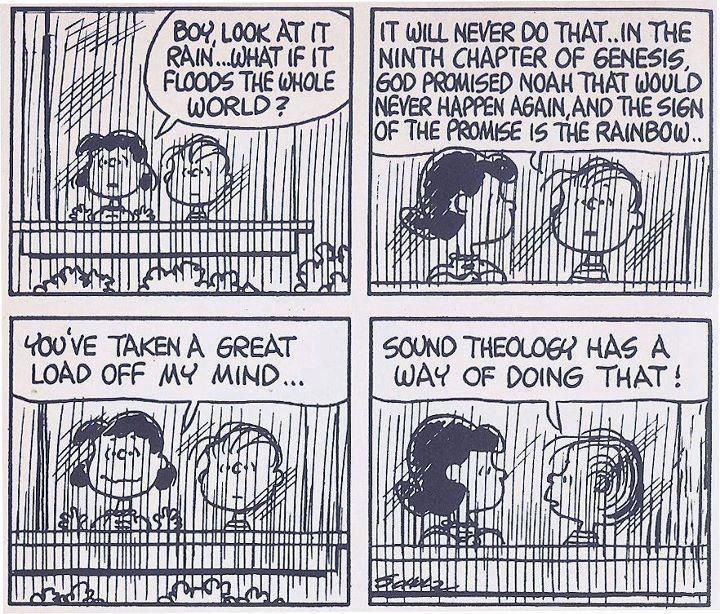RELG 317: Modern Christian Thought
Dale Hathaway
Jan. 9, 2018
Winthrop University
"Modern" Christian Theology
Sound Theology

Modern era
Given an understanding of the modern period beginning with the Reformation:
- What characteristics are associated with the period?
- What might characterize a "post-modern" period?
History
What does the following quote mean:
All histories, including the history of Christian theology, rest on the interplay between remembering and forgetting." (xxiv)
Denominational History
The limits to our perspective (on things) is sometimes vast:
- most of us learn church theology and church history from a denominational perspective
- we enter the study through a particular portal
- understanding will come through self-awareness of our own limitations
Limitations and warnings (p. 2)
Placher sets parameters for his text:
- It is history of Christian theology, not general history, intellectual history, etc.
- Theology means the systematic reflection on one's faith. (experience?) An "elite" enterprise?
- Much ends up being ignored
- Too favorable picture of "theology"?
Introductory issues
Biblical interpretation
- But it has changed over the centuries
- Why would the 5th c. bishop respond so (xvii)
- Need to believe what biblical authors believed? (xvii)
- Rom 1 on homosexuality (xvii)
vocabulary
- Postliberal (xiv)
- doctrine: set of beliefs, creed, etc.
- Christology (xxi) … place of suffering, identification with God
- analytic philosophy:
- meaning of faith and history
- fundamentalism
- positivism (xvi)
- transcendence (xviii) immanence (xx)
- scientific worldview (xix)
names of theologians
- Karl Barth
- Paul Tillich
- Rudolf Bultmann (xvi)
- John Calvin
- Isaac Newton
- Galileo
How talk about God (before and after modernity)
- "Thing signified" vs. "means of signifying" (xx)
- analogical
- univocal vs. equivocal
Groupwork
Some basic themes
- Humanity and Divinity of Christ
- Reason and revelation
- Works and Grace
- Spirit and Structure
- Church and State